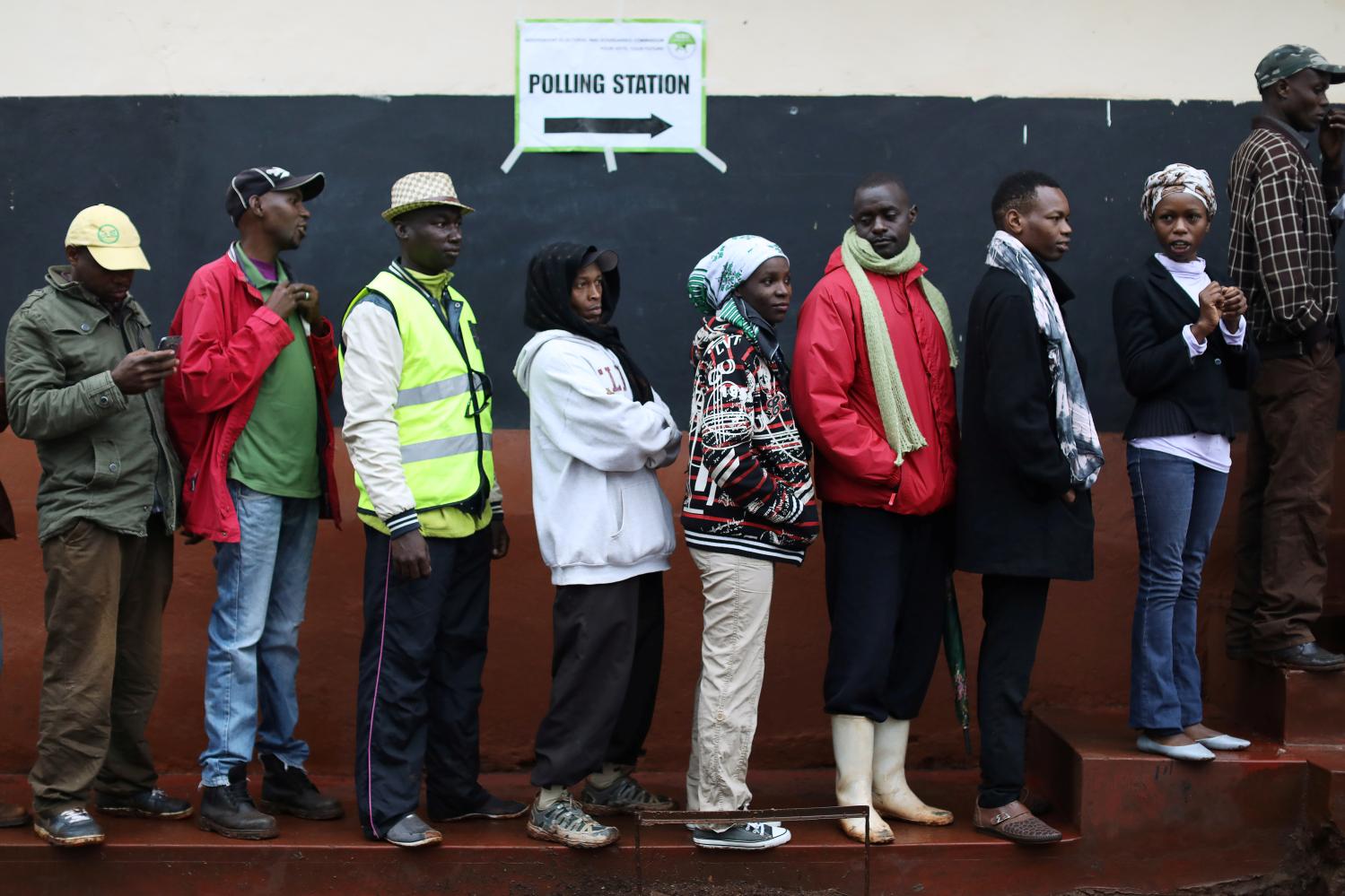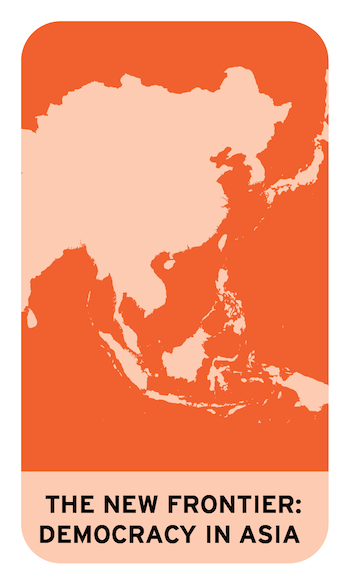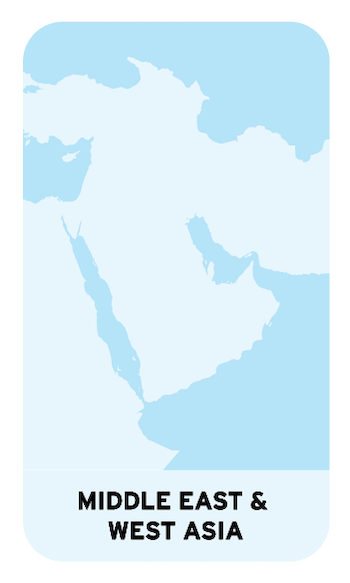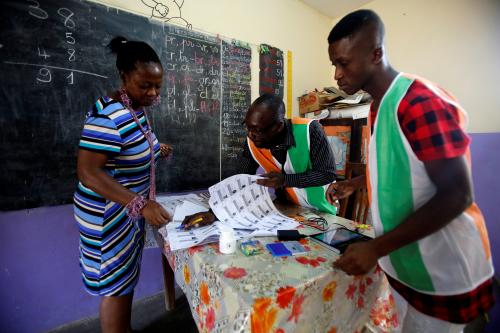 Executive Summary
Executive Summary
Since the early 1990s, African states have made significant gains toward the institutionalization of electoral politics. Nearly all countries in the region hold regular general elections, a number of countries have consolidated norms of presidential term limits, and instances of unconstitutional transfer of power are at an all-time low. However, both the quality and impact of elections in the region remain wanting. In most countries, elections are seldom free and fair—with incumbent parties enjoying almost insurmountable advantages on account of their access to state resources for targeted clientelistic benefits, vote buying, and manipulation of electoral management bodies. At the same time, state weakness in much of the region limits politicians’ ability to implement programmatic policies that yield tangible benefits to voters. As such, elections in many African states tend to be fought on the basis of personalities, identity politics, and short-term clientelistic benefits.
With case studies from Kenya, Nigeria, and South Africa, this policy brief examines the state of electoral democracy in Africa. Overall, the biggest threat to electoral democracy in the region is the disconnect between elections and the lived experiences of voters. The failure of electoral politics to produce tangible improvements in living standards risks pushing voters in the region to consider alternative forms of government. This quest for alternatives is taking place in the midst of a global democratic recession. Buffeted by populist politics at home, Western states no longer have the ability to serve as examples of democratic governance that works for citizens. At the same time, China’s economic success is increasingly challenging the claim that only accountable democratic government can deliver sustainable improvements in citizens’ living standards.
In the main, the future of electoral democracy in Africa will depend on governments’ ability to improve living standards in the region. This has important implications for the design and implementation of Western democracy promotion programs. Such efforts must not only focus on improvements in the conduct of elections and governance, but also on the strengthening of states’ capacity to govern and to provide vital public goods and services. Only then will both citizens and elites see the value of defending electoral democracy at all costs.











